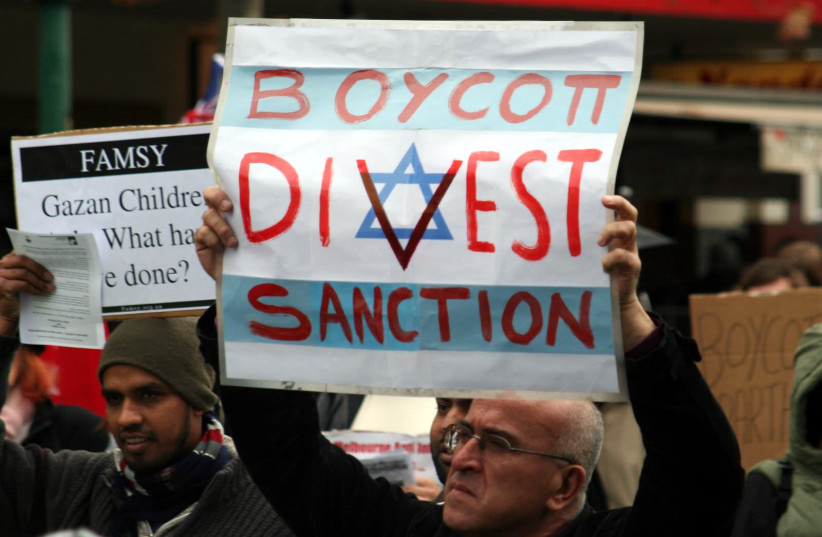A collection of over 3000 international scholars from multiple fields of study published an open letter last week rejecting the boycott of Israeli academics.
“We, scholars from the humanities and social sciences, though not exclusively from these fields, are deeply concerned about the increasing isolation of our academic colleagues in Israel,” the letter began. “Calls for boycotts against Israeli academic institutions are not new, but since the brutal attack by Hamas on October 7th and the subsequent Israeli-Hamas War, these calls have taken on a new dimension.”
The letter went on to highlight a report by Haaretz, which found that a number of Israeli scholars had been made victim to discriminatory practices; including “the termination of scientific collaborations, cancellation of conference invitations, refusal to consider scholarly submissions to journals, rejections of promotion evaluations, and withdrawal of offers for academic appointments, among other instances.”
“Regardless of how each of us currently analyzes the situation on the ground and evaluates the actions of the Israeli government and army, we want to make clear that we stand against all forms of boycotts targeting Israeli scholars and Israeli academic institutions,” the letter continued, emphasizing that academics should not be held responsible or as a proxy for the actions of the Israeli government. “We firmly advocate for cooperation and continued work with them.

The 'counterproductive' nature of the boycotts
“We are also convinced that the gradual, often subtle exclusion of Israeli scholars contradicts fundamental principles of professional comportment and academic freedom. Moreover, an academic boycott against Israel is counterproductive regarding internal Israeli debates as well as Israeli-Palestinian dialogue, as Barak Medina argued in his essay Is it Justified to Boycott Israeli Academia?
“We strongly believe that international exchange - especially in troubled times like these – is essential for maintaining an open and global academic community. The alarming trend of excluding Israeli scholars from international academic discourse requires unequivocal response on our part. We, the undersigned, call on scholars to stand in solidarity with our Israeli colleagues on this critical issue.”
The letter was authored by Anne Rethmann, FU Berlin/Hebrew University of Jerusalem, Daniel Siemens, Newcastle University and Helmut Walser Smith, Vanderbilt University.
It has been signed by academics from across the world, including from the United Kingdom, Canada, Germany, Rio, the United States and France.
